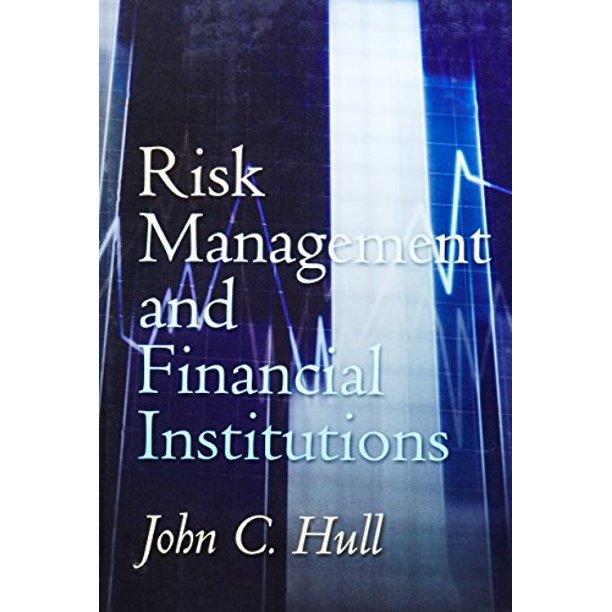Question
Alexis, your newly appointed boss, has tasked you with evaluating the following financial data for extensive enterprise inc. to determine how Extensive's value has changed
Alexis, your newly appointed boss, has tasked you with evaluating the following financial data for extensive enterprise inc. to determine how Extensive's value has changed over the past year. The investment firm for which you work will make a positive (or "buy") recommendation to its investing clients if Extensive's value has increased over the past year, a neutral (or "Hold") recommendation if the value has remained constant, or negative (or "Self") recommendation if the value has decreased. He has recommended that you use several metrics to ascertain how the firm's value has changed, and he has provided you with the following income statement and balance sheet.

Step by Step Solution
There are 3 Steps involved in it
Step: 1

Get Instant Access to Expert-Tailored Solutions
See step-by-step solutions with expert insights and AI powered tools for academic success
Step: 2

Step: 3

Ace Your Homework with AI
Get the answers you need in no time with our AI-driven, step-by-step assistance
Get Started


